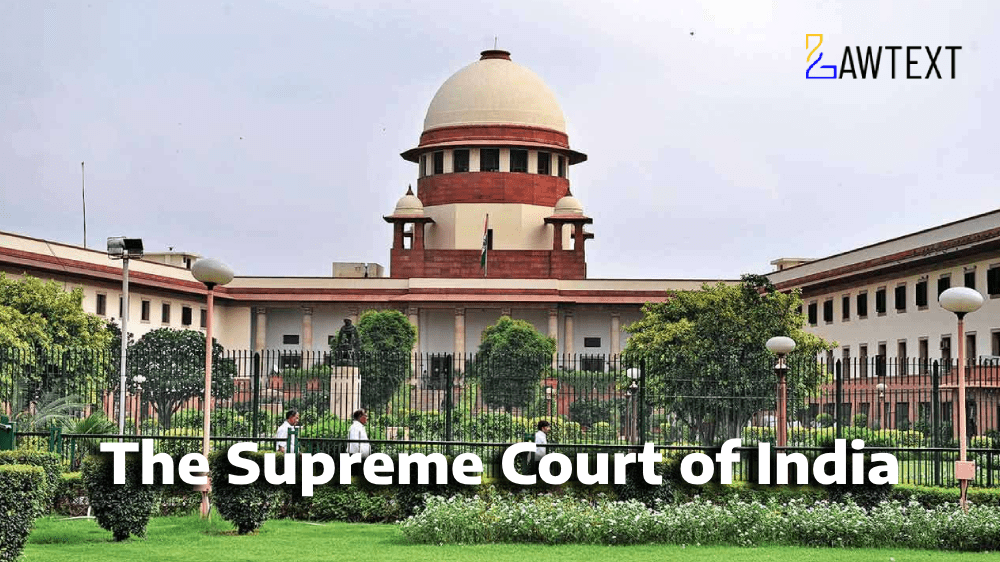

The Supreme Court of India, examined the legality of disciplinary proceedings initiated against a retiring Senior Medical Officer for alleged misconduct. The Court quashed the penalty of a 2% permanent pension cut imposed by the disciplinary authority and subsequently modified by the High Court to a five-year term. The Court found the charges unsupported by evidence and the disciplinary proceedings tainted with arbitrariness and malice.
The apex court emphasized principles of natural justice, procedural fairness, and the obligations of a welfare state. Additionally, it highlighted that election and polio-related duties had not been assigned to the appellant, invalidating the charges of noncompliance.
Charges included:
Disciplinary proceedings were initiated under Rule 8 of the Punjab Civil Services Rules.
The appellant claimed:
The respondents argued procedural fairness and the adequacy of evidence in the disciplinary process.
Natural Justice and Procedural Fairness: Disciplinary proceedings violated procedural fairness, with inadequate consideration of the appellant's defense and reliance on hearsay evidence.
No Legal Evidence: The findings of the Inquiry Officer were unsupported by tangible evidence, with charges based on moral interpretations rather than factual misconduct.
Election Commission Guidelines: Exemptions for officers retiring within six months, as per Election Commission instructions, were ignored by the disciplinary authority.
Proportionality of Penalty: Even if the charges were proven, the penalty of a permanent pension cut was deemed disproportionate to the alleged misconduct.
Disciplinary proceedings against a retiring government employee under service rules and the scrutiny of their legality in the context of natural justice and procedural fairness.
Citation: 2025 LawText (SC) (1) 202
Case Number: CIVIL APPEAL NO.183 OF 2025 [Arising out of SLP(C) NO. 17120 OF 2022]
Date of Decision: 2025-01-20
Case Title: BHUPINDERPAL SINGH GILL VERSUS STATE OF PUNJAB AND OTHERS
Before Judge: (DIPANKAR DATTA J. , MANMOHAN J. )
Appellant: BHUPINDERPAL SINGH GILL
Respondent: STATE OF PUNJAB AND OTHERS